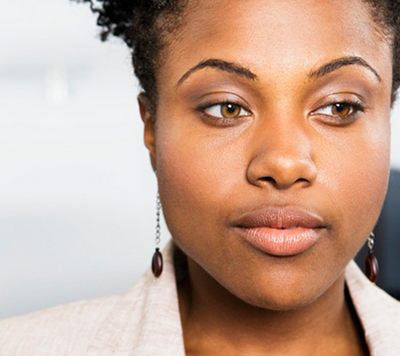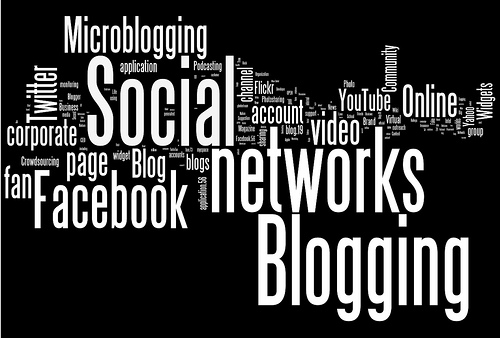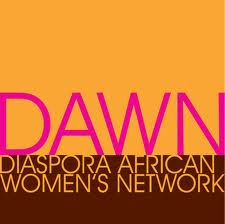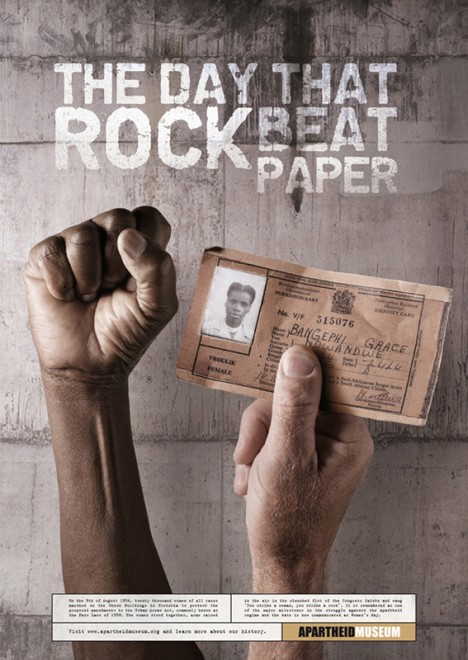The Femisphere is a blog series in the popular Ms. Magazine that highlights the many diverse corners of the feminist blogsphere. Their latest installment focuses on African feminism, and I'm honored to have been featured along with two other African feminists, Ms Afropolitan and Lesley Agams. But, given that we're…
-
-
Our Voices, Our Stories: Training African Women’s & LGBT Organizations to Use Social Media is Critical
Despite the richness, diversity, and complexities that shape the landscape that is my homeland, Africa is often depicted as one big safari (or war zone). Why is that? Because Africa’s stories are rarely told by Africans themselves.
-
Advocacy - African Feminism - Afrofeminism - Blog - International Development - New Media - Philanthropy - Thought Leadership
We Are Not Invisible: 5 African Women Respond to the Kony 2012 Campaign
I've compiled a list of responses from African women responding to Kony 2012, a controversial campaign launched recently by Invisible Children to raise awareness of child soldiers in Uganda. I'm amplifying their responses because almost overnight, the web became flooded with so much commentary from western media on the erasure…
-
For Women’s History Month: Writing Our Way Back into History
In order to address the dearth of women's histories -- our stories, and voices being undocumented, under-valued, and falsely represented without reprimand -- women must begin telling their own stories. We must essentially write our way back into history.
-
Advocacy - African Feminism - Afrofeminism - Blog - Gender and LGBT Issues - International Development - LGBT Africa - Media - Non-Profits - Philanthropy
Saying No to Media Saviorism, Celebrating Africa’s Resistance
How about we — as global gender justice advocates — subvert the idea that women are perpetual victims by covering our collective resistance? How about we cut back on the sensationalism — the shock tactics and controversy we once deployed to get mainstream media to pay attention to issues important…
Online rulet oyunları gerçek zamanlı oynanır ve online slot casino bu deneyimi canlı yayınlarla destekler.
İnternet üzerinden eğlence bahsegel giriş arayanlar için deneyimi vazgeçilmezdir.
Kullanıcıların hesaplarına hızlı ve sorunsuz bettilt ulaşabilmesi için adresi her zaman güncel tutuluyor.




